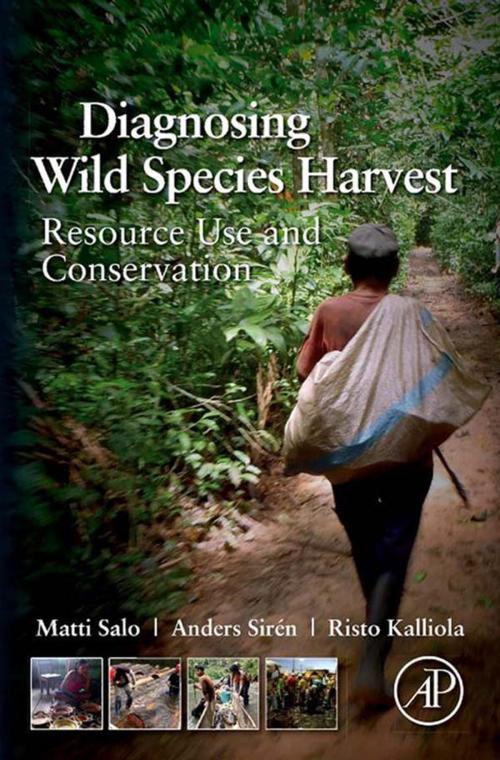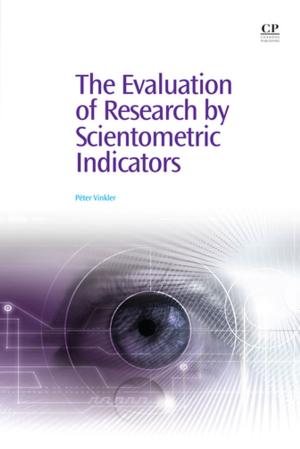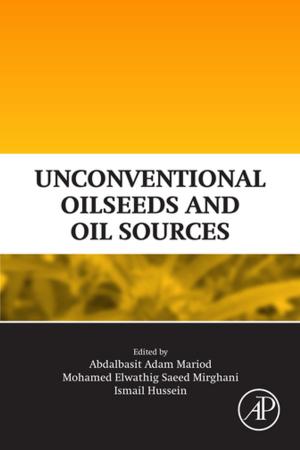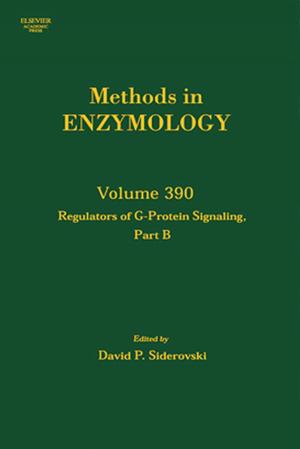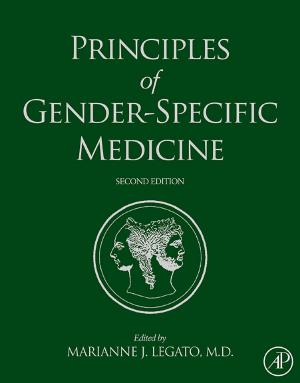Diagnosing Wild Species Harvest
Resource Use and Conservation
Nonfiction, Science & Nature, Science, Biological Sciences, Environmental Science, Nature, Environment, Environmental Conservation & Protection| Author: | Matti Salo, Anders Sirén, Risto Kalliola | ISBN: | 9780123977557 |
| Publisher: | Elsevier Science | Publication: | November 20, 2013 |
| Imprint: | Academic Press | Language: | English |
| Author: | Matti Salo, Anders Sirén, Risto Kalliola |
| ISBN: | 9780123977557 |
| Publisher: | Elsevier Science |
| Publication: | November 20, 2013 |
| Imprint: | Academic Press |
| Language: | English |
Diagnosing Wild Species Harvest bridges gaps of knowledge fragmented among scientific disciplines as it addresses this multifaceted phenomenon that is simultaneously global and local. The authors emphasize the interwoven nature of issues specific to the ecological, economic, and socio-cultural realms of wild species harvest.
The book presents the diagnosing wild species harvest procedure as a universal approach that integrates seven thematic perspectives to harvest systems: resource dynamics, costs and benefits, management, governance, knowledge, spatiality, and legacies. When analyzed, these themes help to build a holistic understanding of this globally important phenomenon. Scholars, professionals and students in various fields related to natural resources will find the book a valuable resource.
Wild species form important resources for people worldwide, and their harvest is a major driver of ecosystem change. Tropical forests regions, including Amazonia, are among those parts of the world where wild species are particularly important for people's livelihoods and larger economies. This book draws on tangible experiences from Amazonia, presented in lively narratives intermingling scientific information with stories of the people engaged in harvest and management of wild species. These stories are linked to relevant theory of wild species harvest and wider discussions on conservation, development, and the global quest of sustainability.
- Includes research and report-style narratives describing a wide variety of concrete cases
- Addresses wild species harvest from a holistic perspective including ecological, economic and socio-cultural issues, not limiting the scope to a single type of resources
- Provides theoretical treatment of wild species harvest worldwide, with special emphasis in the most recent scientific understanding on the biodiversity of the Amazonian lowland region
- Presents an objective viewpoint, noting problems the harvest may cause as well as its potential to contribute both to biodiversity conservation and to local livelihoods and national economies
- Coherent, easily followed structure and abundant illustrations help the reader absorb central messages
Diagnosing Wild Species Harvest bridges gaps of knowledge fragmented among scientific disciplines as it addresses this multifaceted phenomenon that is simultaneously global and local. The authors emphasize the interwoven nature of issues specific to the ecological, economic, and socio-cultural realms of wild species harvest.
The book presents the diagnosing wild species harvest procedure as a universal approach that integrates seven thematic perspectives to harvest systems: resource dynamics, costs and benefits, management, governance, knowledge, spatiality, and legacies. When analyzed, these themes help to build a holistic understanding of this globally important phenomenon. Scholars, professionals and students in various fields related to natural resources will find the book a valuable resource.
Wild species form important resources for people worldwide, and their harvest is a major driver of ecosystem change. Tropical forests regions, including Amazonia, are among those parts of the world where wild species are particularly important for people's livelihoods and larger economies. This book draws on tangible experiences from Amazonia, presented in lively narratives intermingling scientific information with stories of the people engaged in harvest and management of wild species. These stories are linked to relevant theory of wild species harvest and wider discussions on conservation, development, and the global quest of sustainability.
- Includes research and report-style narratives describing a wide variety of concrete cases
- Addresses wild species harvest from a holistic perspective including ecological, economic and socio-cultural issues, not limiting the scope to a single type of resources
- Provides theoretical treatment of wild species harvest worldwide, with special emphasis in the most recent scientific understanding on the biodiversity of the Amazonian lowland region
- Presents an objective viewpoint, noting problems the harvest may cause as well as its potential to contribute both to biodiversity conservation and to local livelihoods and national economies
- Coherent, easily followed structure and abundant illustrations help the reader absorb central messages
